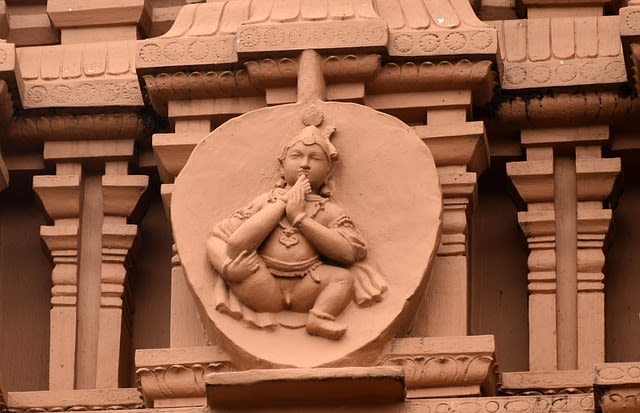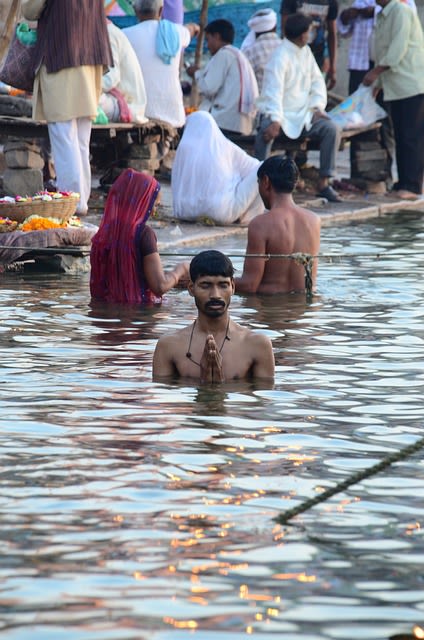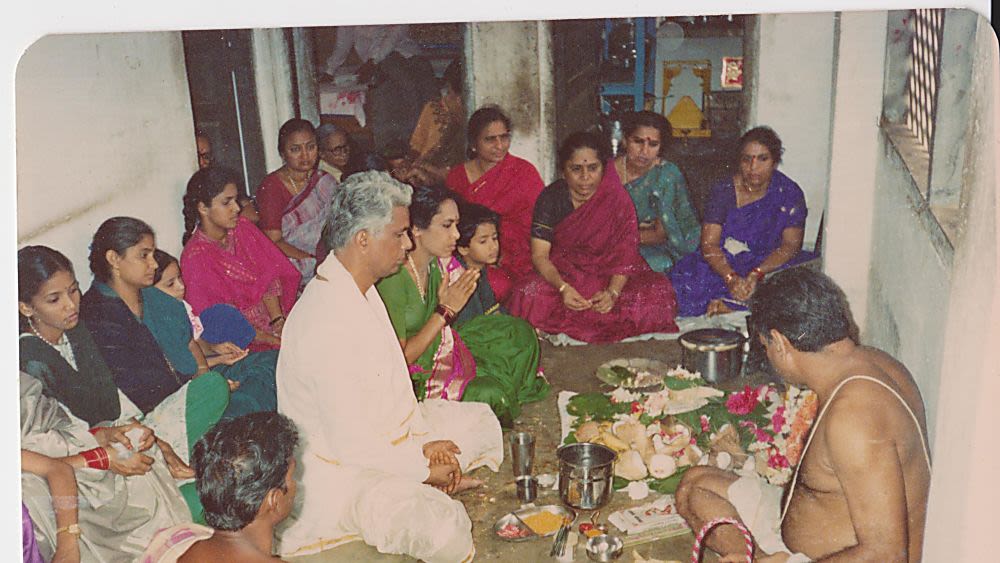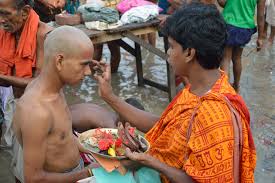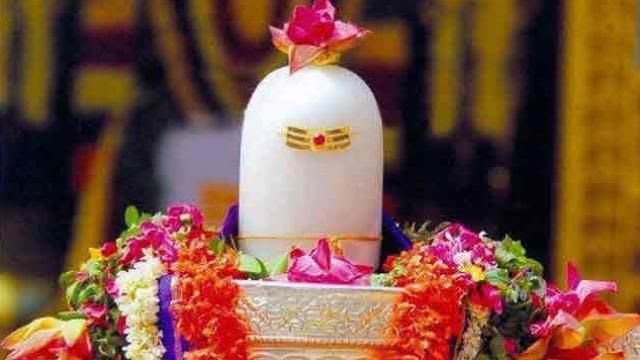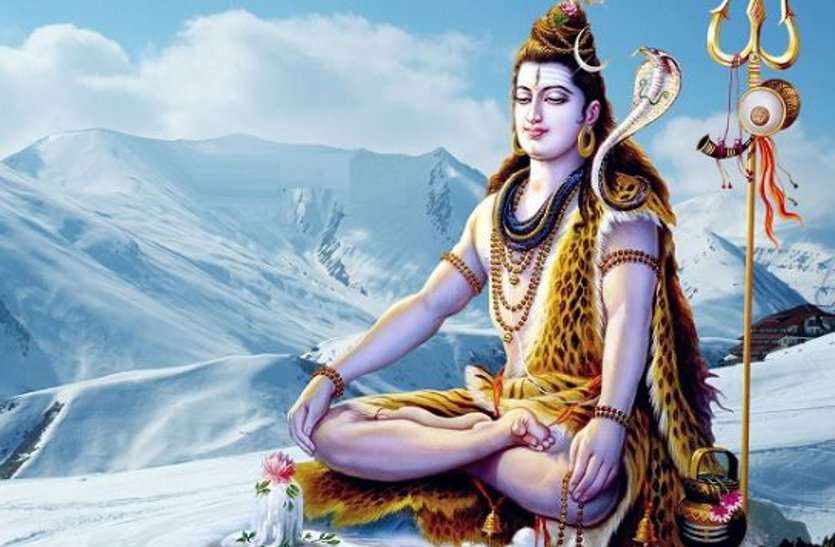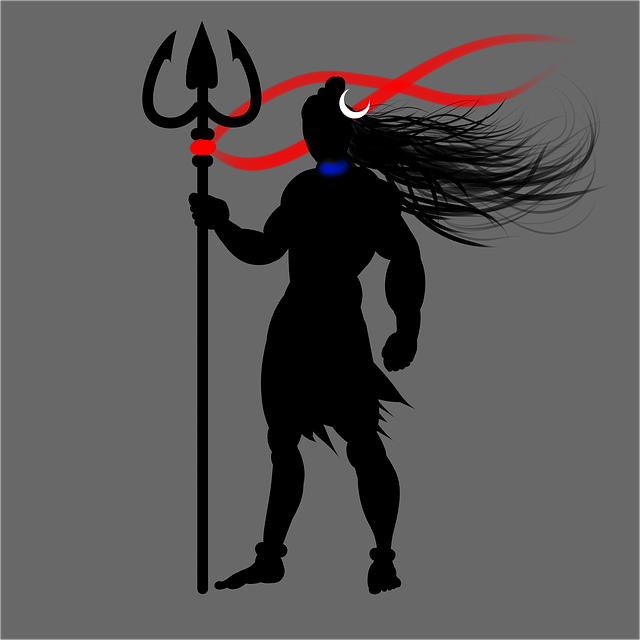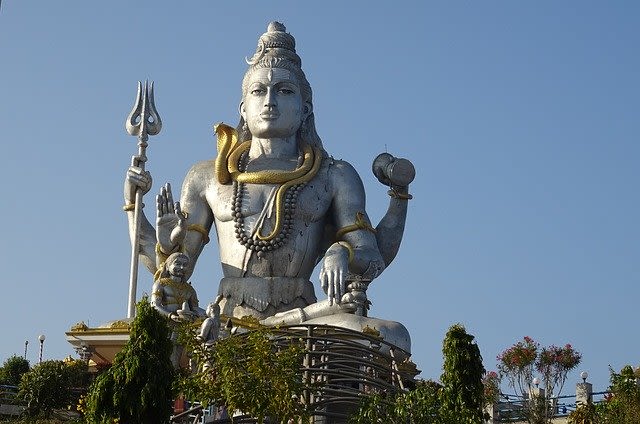Celebrated on the eighth day- Ashtami of the Krishna Paksha of the dark fortnight in the month of Shraavana or Bhadrapada(August-September) as per the Hindu calendar, Krishna Janmashtami simply known as Janmashtami or Gokulashtami. This festival signifies the birthday of Lord Krishna- the eighth avatar of Vishnu & the eighth child of his mother, Devaki.
Bathed with water & milk, dressed-up in new & beautiful apparel, ornaments, the temples of the Lord Krishna are decorated with pretty flowers, and are offered with devotionally prepared sweets known as ‘prasada’. Praised with songs, mantras & prayers, the devotees fast to please the Lord Krishna, chanting “Hare Rama Hare Krishna” on repetitive basis.
As per the Hindu rituals, basically two types of fasts are observed, one is the “Nirjal” fast, while the other is the “Phalahari” fast. Widely celebrated across India, including Mathura, Vrindavan, the devotees pledge or take over a ‘Sankalp’ to keep fast till the next day, i,e; when the Rohini Nakshatra or Ashtami Tithi is over.
But there are a few Janmashtami Fasting Rules one should follow with utmost zeal.
- Commencing with the pooja rituals, the devotees are observed to consume light food one night prior and keep Vrat or Upavasa the next day.
- On the day of fasting, one must get up early in the morning(Brahma Muhurta), take a bath, and chant the mantras & offer prayers to Lord Krishna.
- With no grains allowed to consume during the fast, all the said rules followed during the Ekadashi should be obeyed on the vrat day of Janmashtami.
- One should avoid consumption of water & food during the Nirjala fast & break the fast by eating the ‘holy prasad’.
- One of the Janmashtami Fasting Rules is that intake of singhare ki puri, fruits, fruit juice & milk is acceptable during the Phalahari fast.
- Along with fruits, the Lord Krishna is offered a wide variety of milk products namely, Kalakand, Shrikhand, Neyyappam, Panjiri, Panchamrit as ‘prasadam’.
- After offering a thali of 56 dishes and arti to the Bal Gopal, all the devotees should break their fast by consuming this ‘prasadam’.
- Consumption of cereals, salty items, garlic, onion, meat, & tobacco are strictly prohibited on this day.
- Letting out the negative feelings from your mind, one should not get indulged in sexual activities also adds on to the list of Janmashtami Fasting Rules.
Furthermore, the Vrat broken after the sunrise, when Ashtami Tithi and Rohini Nakshatra are over is known as “Parana” should be done at a particular time. It all depends on the Ashtami Tithi and Rohini Nakshatra that get over either before or after sunrise.
